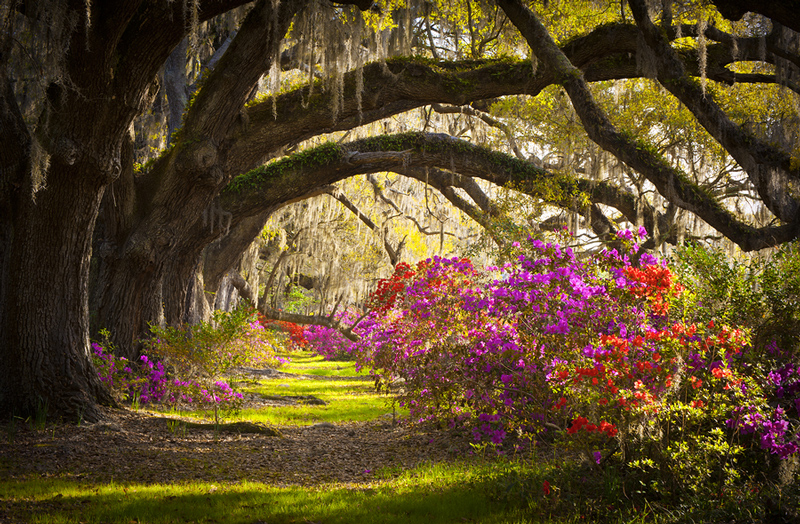
It was 1979 when St. John Paul II named Francis of Assisi the patron saint of ecology. But it was not until his January 1990 World Day of Peace message that people of faith took closer notice. In that message, he spoke of the call to prayer which we receive when we reflect on creation. He also insisted that we need to consider the ecological crisis as a moral issue.
Prompted by this recent saint, Catholic bishops and theologians began to develop the fields of environmental ethics, ecotheology, and ecospirituality. Unfortunately, the term ecospirituality has sometimes taken on connotations of New Age thinking and neopagan practices. Nothing in the encyclical suggests, however, that people ought to bow down to dwarf palmettos instead of reverencing the wood of the cross.
When Pope Francis uses the term “ecological spirituality,” he grounds it in rich resources from Scripture, fathers and doctors of the Church, theologians and philosophers, and the legacy of saints. The ecospirituality he develops, particularly in Chapter 6 of Laudato Si’, reflects the dynamic pervading Catholic tradition: the tug between sin and grace.
Pope Francis makes it clear that beauty is essential for the human soul. If we were to translate his notes into South Carolina terms, we would find him reminding us that we delight in sunrise over the Atlantic, the drapery of live oak and Spanish moss, fields of sunflowers and tomatoes and melons and peach trees, and waterways bursting with dolphins, oysters and shrimp. All of these soothe our spirits and raise our minds and hearts to God in grateful prayer.
But, like St. Francis, the pope reminds us that harms done to human life and deprivations to the poor are far too easy to overlook. The poor are entitled to life, flourishing, and bounty. The Holy Father decries the way in which we can prize progress and creature comforts and still affect beloved landscapes so that they “look more and more like an immense pile of filth.” Worse, he cautions us against evading the truth about how our over-consumption and clear-cutting and waste contribute to sickness and death. It isn’t just the armadillo and deer kill bloodying our roads. It’s also the wheeze and wobble of folks who live in the rusted-out trailers and rotted shacks off our parkways and interstates. And it’s the children who work fields and sweatshops and drink polluted water halfway around the world who suffer our affluence.
Pope Francis reminds us that a truly Catholic spirituality will praise God with and in all of creation. But it will also call us to repentance for the harms we have done. And repentance will lead our contrite hearts to renew and reform. “New habits” and “integral education” should induce us, he counsels, to “simplicity of life [and] grateful contemplation.” The pope invites us to ask our Blessed Mother “to enable us to look at this world with eyes of wisdom.” For our Holy Father, ecospirituality is biblical, traditional, Franciscan, and Marian. Most of all, it is devoted to making the good we have received better for handing on.
Written by Sister Pamela Smith, SSCM

